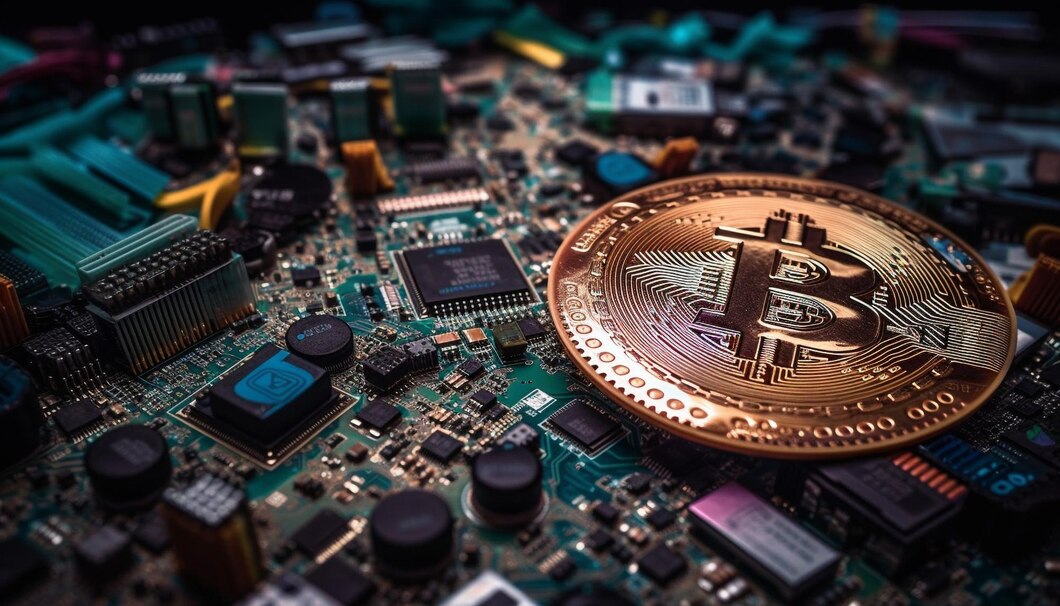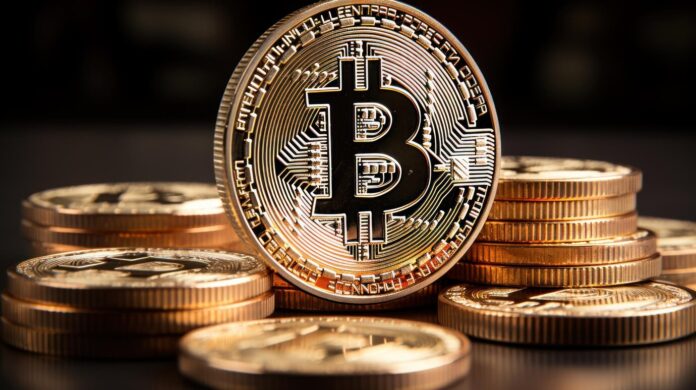Protect your Bitcoin stash with these essential wallet security tips.
Bitcoin is a revolutionary force in digital finance, providing decentralized and secure value transfer. However, the safety of your Bitcoin holdings depends on wallet security. Here are key points:
- Bitcoin offers decentralized and secure value storage and transfer.
- Bitcoin wallet security is crucial for protecting your investment.
- This guide offers invaluable tips for enhancing Bitcoin wallet security.
Choosing the Right Wallet: Prioritizing Security
When securing your Bitcoin, choosing the right wallet is paramount. Opt for a well-established and reputable wallet provider renowned for its robust security features. Look out for the following attributes:
1. Strong Encryption
Ensure your chosen wallet employs robust encryption protocols to safeguard sensitive data and transactions from unauthorized access.
2. Two-factor authentication (2FA)
Two-factor authentication (2FA) adds a layer of security by requiring a second verification form, such as a unique code sent to your mobile device alongside your password. This significantly bolsters the security of your wallet, mitigating the risk of unauthorized access.
3. Multi-Signature Wallets
Consider utilizing multi-signature wallets, which necessitate multiple private keys to authorize a transaction. This feature enhances security by dispersing control across various parties, making it exceedingly difficult for malicious actors to compromise your funds.
4. Regular Security Updates
Opt for a wallet provider prioritizing regular security updates to patch vulnerabilities and fortify defenses against emerging threats. Staying up-to-date with the latest software enhancements is crucial in maintaining the integrity of your Bitcoin holdings.
Implementing Robust Security Measures
1. Enable Two-Factor Authentication (2FA)
Enable two-factor authentication (2FA) without hesitation upon setting up your wallet. This extra layer of security serves as a formidable barrier against unauthorized access, requiring an additional authentication step beyond your password.
2. Craft a Strong Password
When creating a password for your Bitcoin wallet, adhere to best practices by crafting a strong and unique passphrase. Aim for a combination of at least 12 characters comprising uppercase and lowercase letters, numbers, and special characters. Avoid using easily guessable phrases or personal information that could compromise the security of your wallet.
3. Keep Your Wallet Software Up-to-Date
Stay vigilant by regularly updating your wallet software to incorporate the latest security patches and enhancements. You bolster your wallet’s resilience against evolving cyber threats by proactively addressing potential vulnerabilities.
4. Exercise Caution on Public Wi-Fi Networks
Exercise prudence when accessing your Bitcoin wallet on public Wi-Fi networks, as they pose inherent security risks. Hackers may exploit vulnerabilities in the network to intercept sensitive information or launch malicious attacks. Utilize secure, private networks to minimize exposure to potential threats whenever possible.
5. Utilize a Virtual Private Network (VPN)
Enhance the security of your online transactions by utilizing a virtual private network (VPN) to encrypt your internet connection. By masking your digital footprint and encrypting data transmissions, a VPN protects your wallet from prying eyes and malicious actors lurking on unsecured networks.
Leveraging Advanced Security Measures

1. Monitor Account Activity Regularly
Monitor your account activity regularly to guard against potential security breaches. Look for suspicious transactions, login attempts, or unauthorized access, and promptly report any anomalies to your wallet provider.
2. Consider Hardware Wallet Solutions
For the utmost security, consider utilizing hardware wallet solutions to store your Bitcoin offline. Hardware wallets, such as USB devices, provide an added layer of protection by isolating your private keys from internet-connected devices, thus mitigating the risk of remote attacks.
3. Diversify Your Assets
Diversifying your assets across multiple wallets and storage solutions can mitigate risk and enhance the resilience of your Bitcoin holdings. By spreading your investments across different platforms, you reduce the likelihood of a single point of failure compromising your entire portfolio.
conclusion
In conclusion, safeguarding your Bitcoin holdings requires a proactive approach to security. By implementing robust security measures, staying vigilant against potential threats, and leveraging advanced security solutions, you can fortify the integrity of your digital assets and enjoy peace of mind in the dynamic realm of cryptocurrency.
FAQs
How often should I update my Bitcoin wallet software?
Update your Bitcoin wallet software regularly to incorporate the latest security patches and enhancements. Aim to update your wallet as soon as new updates become available to ensure optimal security and protection against emerging threats.
Is it safe to access my Bitcoin wallet on public Wi-Fi networks?
Accessing your Bitcoin wallet on public Wi-Fi networks is generally not advisable due to the inherent security risks. Public Wi-Fi networks are often unsecured, making them vulnerable to hacking and interception of sensitive information. Utilize secure, private networks to minimize exposure to potential threats whenever possible.
What are the benefits of using a hardware wallet to store Bitcoin?
Hardware wallets offer several benefits for storing Bitcoin, including enhanced security, offline storage, and protection against remote attacks. By isolating your private keys from internet-connected devices, hardware wallets provide an added layer of protection against cyber threats, ensuring the security and integrity of your digital assets.
How can I monitor my Bitcoin wallet for suspicious activity?
You can monitor your Bitcoin wallet for suspicious activity by regularly reviewing your account activity and transaction history. Look for unauthorized transactions, login attempts, or unusual activity that may indicate a security breach. Promptly report anomalies to your wallet provider to mitigate potential risks and safeguard your digital assets.
Why is diversifying my Bitcoin assets important for security?
Diversifying your Bitcoin assets across multiple wallets and storage solutions is vital for security because it reduces the risk of a single point of failure compromising your entire portfolio. By spreading your investments across different platforms, you minimize the impact of potential security breaches and enhance the resilience of your digital assets against unforeseen risks.




